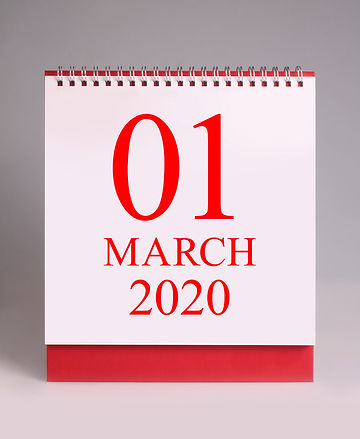As part of its 4-yearly review of modern awards, the Fair Work Commission is making key changes to the annualised salary provisions of many modern awards from 1 March 2020. Most of the affected awards already include annualised salary provisions, however the new provisions will also be newly incorporated into the Pastoral Industry Award 2010, Horticulture Award 2010 and Health Professionals Award 2010.The new provisions introduce a number of obligations on employers where annualised salary arrangements are entered into with award employees, including detailed record-keeping and annual reconciliations each 12 months from the commencement of the agreement.
Key points to note about the new provisions
- Not all annualised salary arrangements require agreement with the employee. While in most cases employee agreement is required, employers of “Category 1”[1] employees can implement an annual salary arrangement without employee agreement.
- Notification and record-keeping obligations for employers are more onerous and require employers to: i. notify employees of the specific award provisions that are satisfied by the annualised wage ii. notify employees of how the annualised wage has been calculated, including the components and assumptions about overtime and penalties that have been included iii. record in the agreement the outer limit of overtime hours before the employee is entitled to be paid additional amounts (and ensure employees are paid for any hours in excess of the outer limit) iv. keep records of each employee’s start and finish times and unpaid meal breaks
- Employers must conduct a reconciliation at the end of each 12 months period to compare the annual salary paid against the employee’s award entitlements for actual hours and days worked over the period. Any shortfall amount must be paid within 14 days.
Implications for employers
Employers should review any current annualised salary arrangements with employees that are covered by affected modern awards and ensure these arrangements comply with the new provisions. Importantly, employers need to have systems in place to comply with the record-keeping obligations around start and finish times and unpaid breaks, as well as scheduling annual reconciliations to correct any shortfall.
What if the employee has an employment contract in place that includes an annual salary? Many employers require employees to enter into a common law contract which provides for payment of an annual salary, expressed to be compensation for all hours worked and other entitlements under the applicable award. A well-drafted contract will include an offset clause providing that over-award payments may be offset against the employee’s minimum award entitlements.
In its decision regarding the annualised wages provisions, the Full Bench of the FWC[2] specifically referred to “set-off” type arrangements where an employment contract provides for an annualised salary that compensates an employee for various award entitlements. The FWCFB noted that the model clauses are not intended to invalidate those contractual arrangements. In these cases the employer has entered into a separate contractual agreement instead of using the annualised wage provisions in the award.
It should be noted that, regardless of whether the employer uses the annualised wage arrangement provisions in the award or a contractual set-off arrangement, the record-keeping requirements must still be met in relation to hours worked to ensure all overtime and other loadings are accounted for. If actual hours worked results in an underpayment compared to the award, then the employer will need to pay the difference to ensure compliance (this is actually no different to the existing requirement under the Fair Work Act 2009 to ensure employees are not paid less than their award entitlements).
Lessons for employers
- Ensure any existing or new annualised salary arrangements with award employees comply with the requirements of the new provisions from 1 March 2020
- If an award employee is being paid an annual salary but there is no written agreement, ensure you implement either an arrangement under the award or an employment contract with well-drafted set-off provisions
- Review your systems and make sure the notification and record-keeping requirements will be met
Total HRM encourages any businesses that have concerns about wage rates or employment contracts to get in contact on 1800 868 254.
[1] Category 1 employees are considered by the Fair Work Commission to have relatively stable hours. Awards in this category include Banking, Finance and Insurance Award 2010, Clerks – Private Sector Award 2010, Legal Services Award 2010, Mining Industry Award 2010, Telecommunications Services Award 2010 and Water Industry Award 2010 (list is not exhaustive)[2] (4 yearly review of modern awards – Annualised Wage Arrangements (AM2016/13) [2019] FWCFB 4368)







